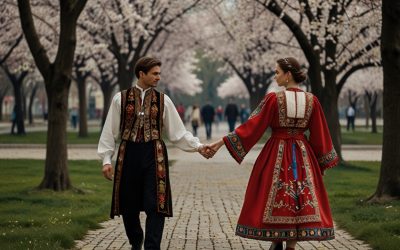Dragobete: The Romanian Festival of Love and Birds

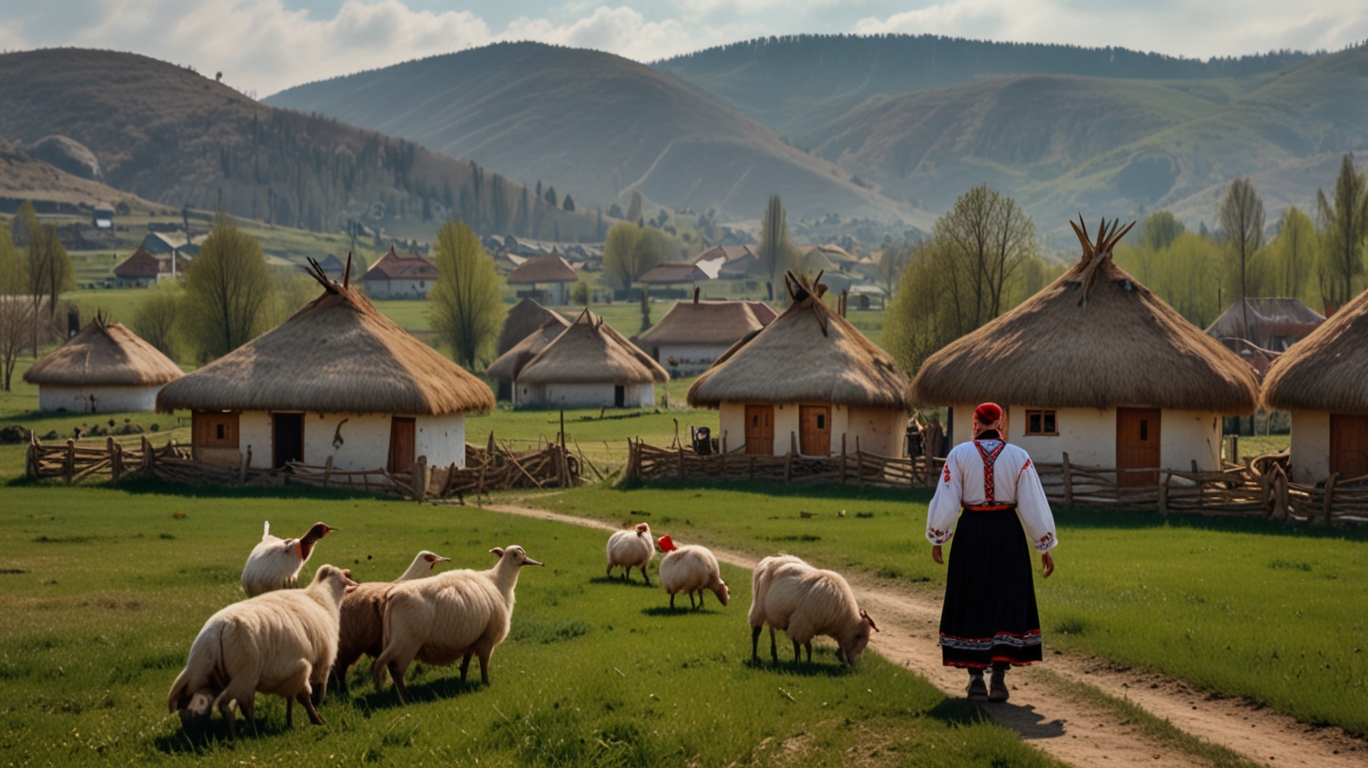
Dragobete is one of Romania’s most cherished traditional holidays, celebrated on February 24th. Often referred to as the “Romanian Valentine’s Day,” it carries a deeper cultural meaning rooted in folklore, nature, and love. Unlike its Western counterpart, Dragobete is not just about romantic love—it is a celebration of renewal, fertility, and the symbolic union of nature and human affection.
In this article, we will explore the history, traditions, symbolism, and modern-day observance of Dragobete, giving you a complete understanding of why this festival remains significant in Romanian culture.
The Origins of Dragobete
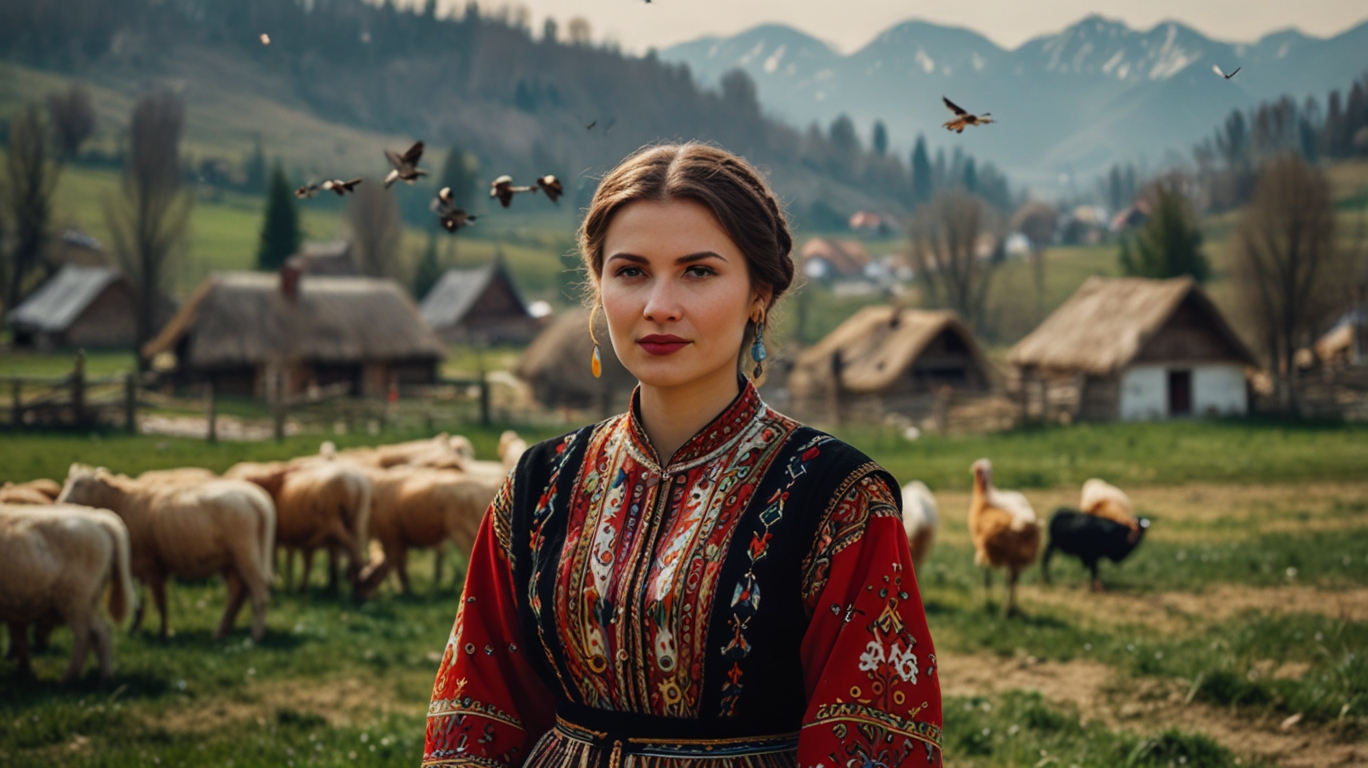
Dragobete traces its roots to ancient Dacian traditions and pre-Christian customs. It is named after a legendary figure, Dragobete, who is often portrayed as the son of Baba Dochia, a mythological character symbolizing the transition from winter to spring. According to folklore, Dragobete was a handsome and kind-hearted youth associated with love, joy, and the awakening of nature.
Historically, the celebration was linked to fertility rites and seasonal changes. February marked the time when birds began to build nests, signaling the start of spring. For Romanians, this was a sacred moment representing new life and harmony. The festival was believed to ensure love, happiness, and abundance for those who honored its customs.
Traditions and Customs of Dragobete
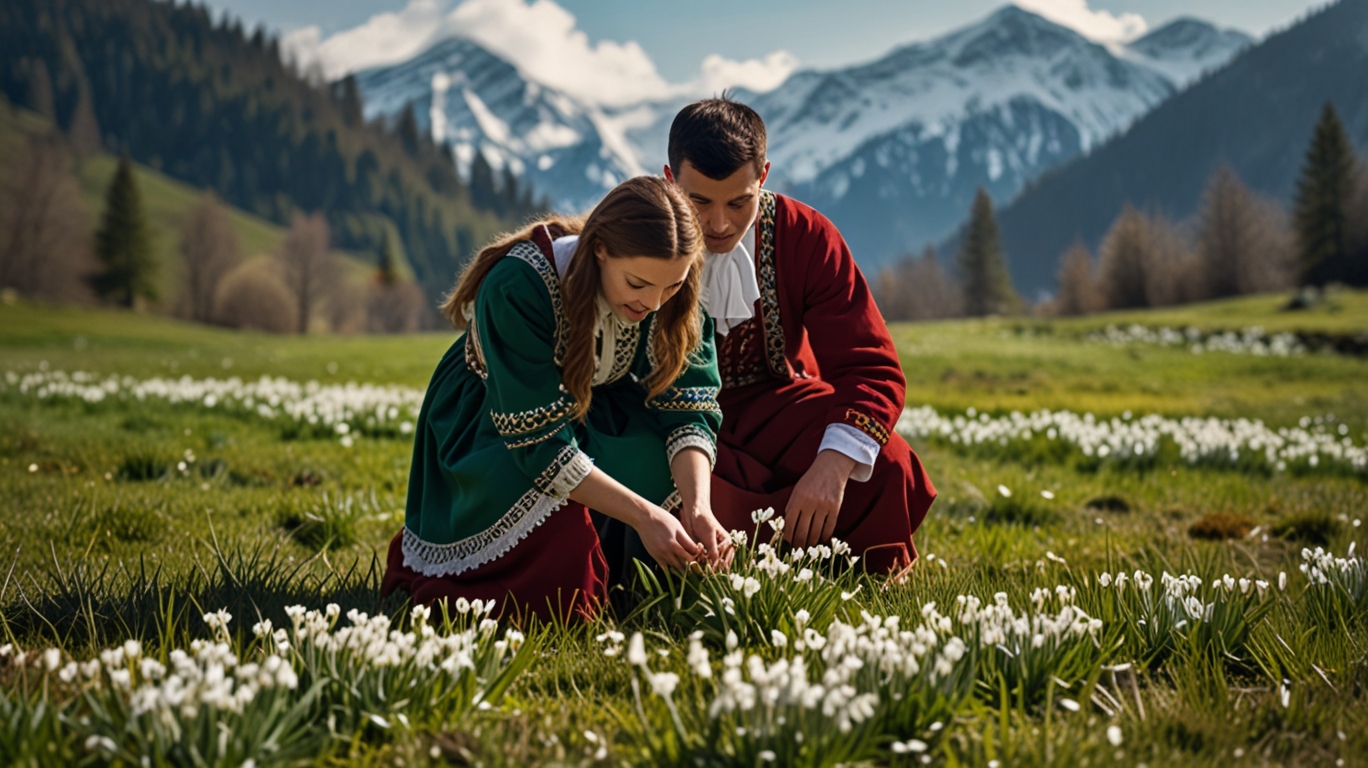
Dragobete is more than an expression of love; it is a day of rituals deeply tied to nature. In the past, young men and women would dress in traditional Romanian attire and gather outdoors to celebrate. They would pick snowdrops, the first flowers of spring, as a sign of affection. Another popular custom was for couples to run through fields together, symbolizing vitality and joy.
A well-known ritual called “The Flight for Love” involved unmarried girls and boys running through the forest. The young man who caught his chosen partner would offer her a kiss in front of everyone—this act was seen as a promise of engagement. Communities believed that those who participated in these customs would experience good fortune and avoid loneliness throughout the year.
The Symbolism of Birds and Nature
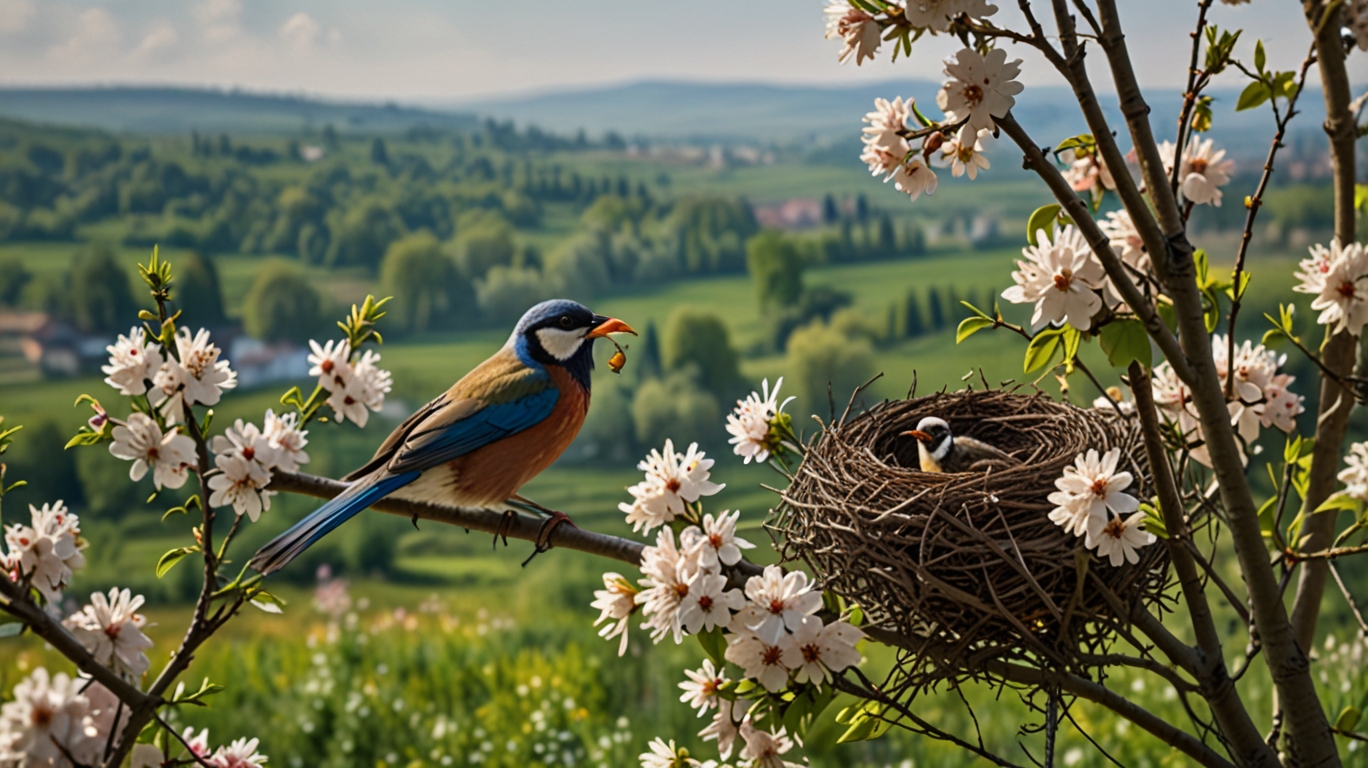
Birds play a central role in Dragobete celebrations because the day coincides with their mating season. In Romanian folklore, birds were believed to form pairs on this day, just as humans sought love and companionship. This connection symbolizes harmony between people and nature, reinforcing the belief that love is a natural force.
Flowers and water also hold special meaning during Dragobete. Picking the first flowers of spring was thought to bring luck, while washing one’s face in the snow or fresh spring water ensured beauty and health. Every element of nature—plants, rivers, forests—was part of the romantic energy associated with this festival.
How Dragobete is Celebrated Today
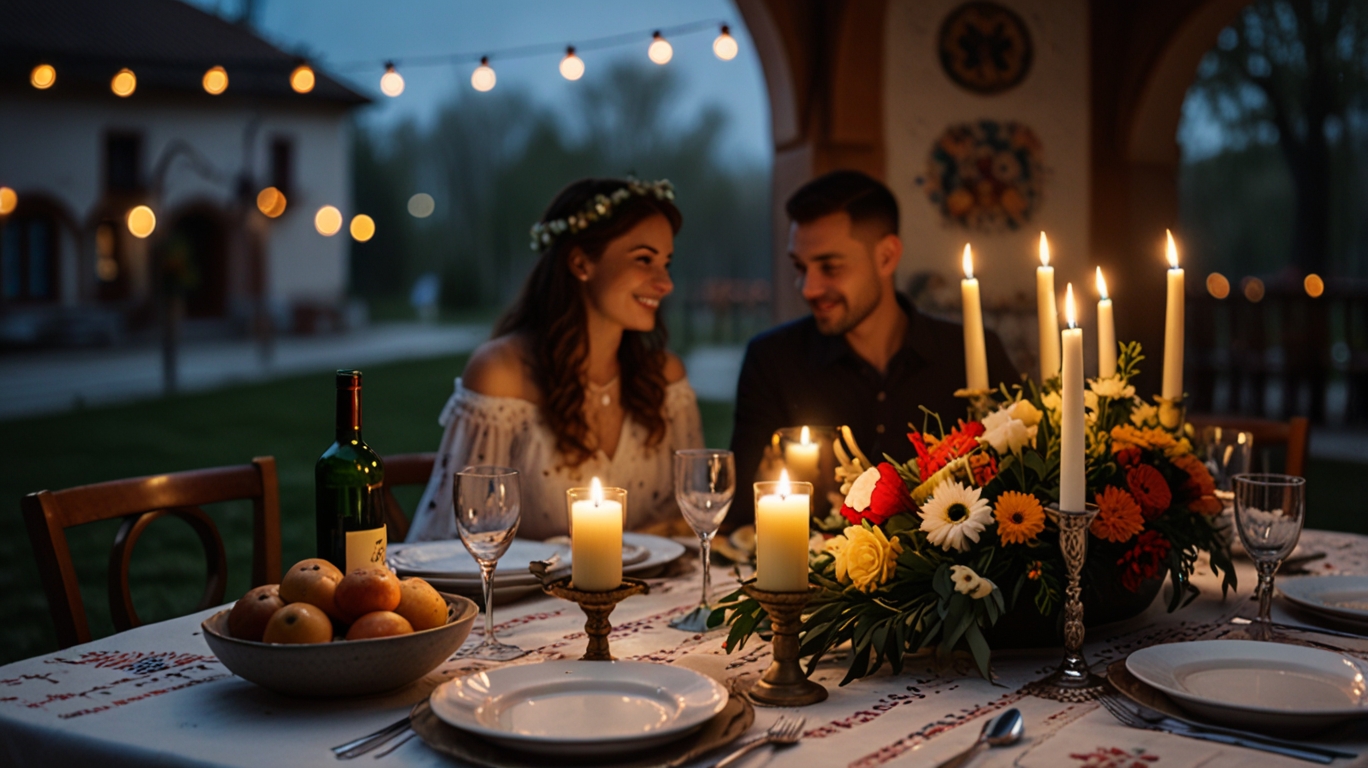
While traditional customs have faded in urban areas, Dragobete continues to hold cultural importance in Romania. Many Romanians celebrate it as an alternative or complement to Valentine’s Day. Couples exchange gifts, write love letters, or plan romantic getaways. Folk festivals and cultural events dedicated to Dragobete are also organized in rural communities, where traditional music and dances keep the spirit of the holiday alive.
In modern times, Dragobete has also become a symbol of national pride, reminding Romanians of their rich heritage. Social media campaigns, themed parties, and educational programs help preserve the festival for younger generations, blending old traditions with contemporary expressions of love.
Why Dragobete Matters
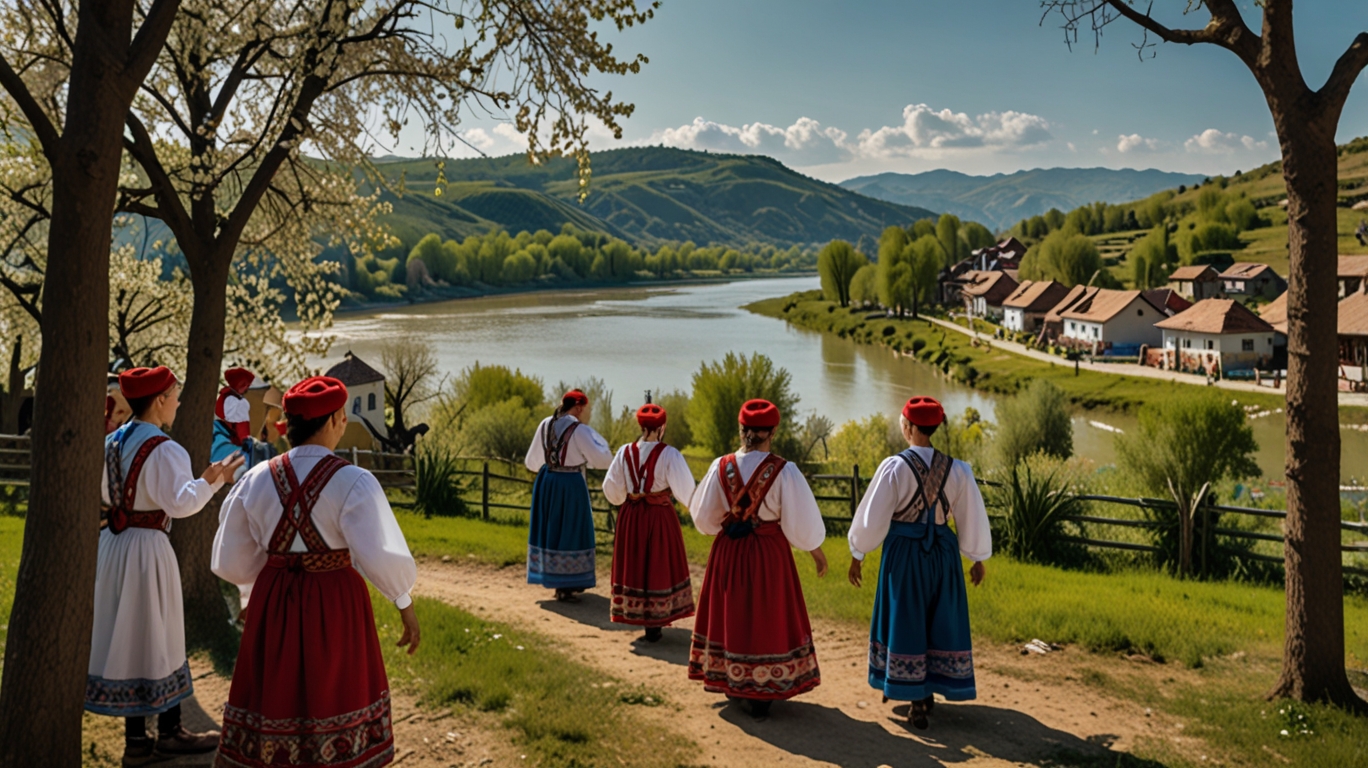
Dragobete is more than a romantic occasion; it is a cultural expression of Romania’s identity, emphasizing the connection between love and the natural world. It teaches the importance of respecting traditions while appreciating the beauty of nature. Unlike commercialized holidays, Dragobete is rooted in folklore, making it a unique celebration that reflects the country’s values and history.
For anyone seeking an authentic cultural experience, Dragobete offers a meaningful way to celebrate love, friendship, and renewal—just as nature awakens from its winter sleep.
RELATED POSTS
How Romanians Celebrate Love in Traditional Style
Love in Romania is celebrated in a way that beautifully intertwines history, folklore, and seasonal rhythms, and nowhere is this more evident than during Dragobete, the traditional Romanian holiday that takes place each year on February 24th. While much of the world...
